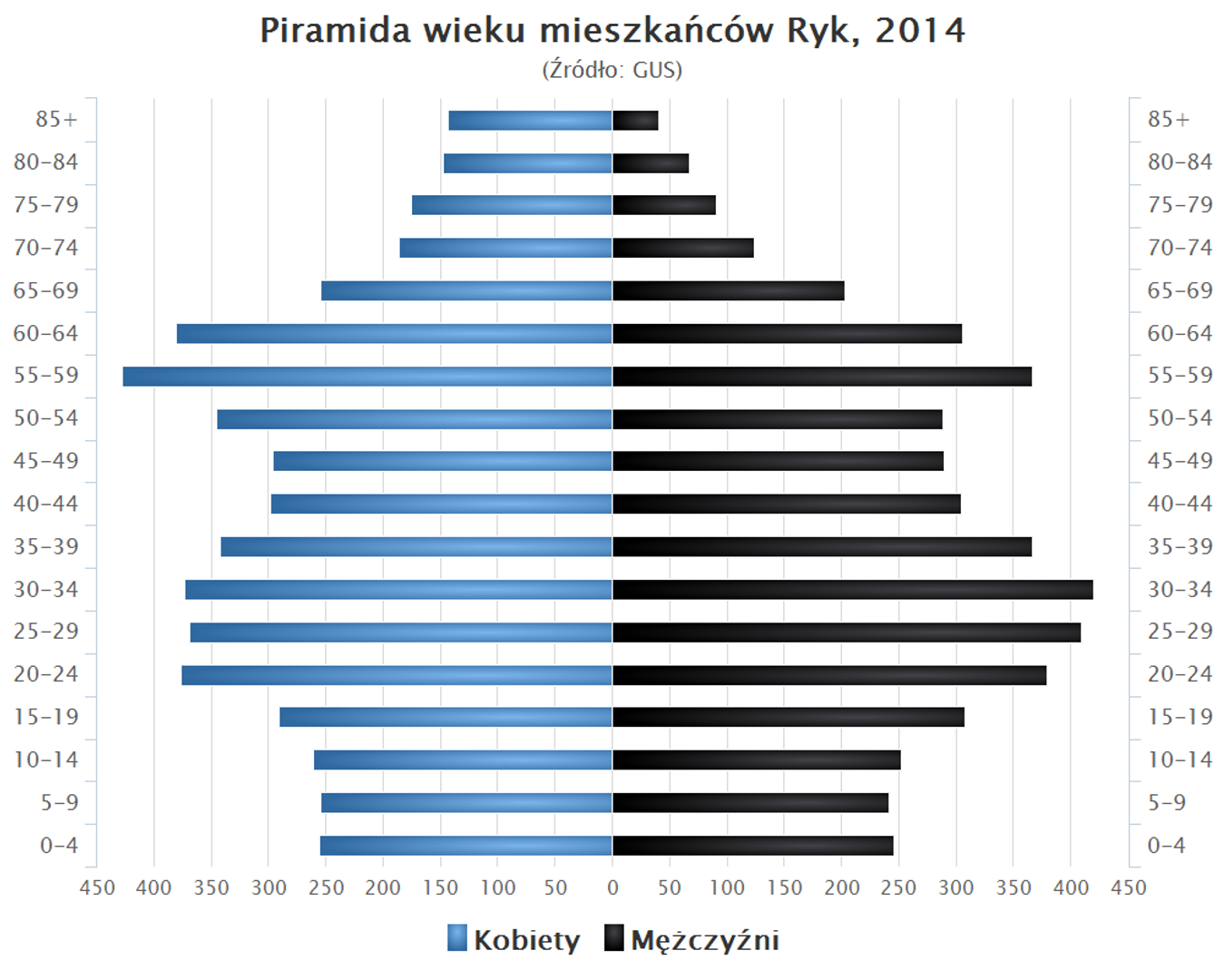Ryki
6.28

Overview
Ryki is a town in Poland, located in the Lublin Voivodeship, within Ryki County. It was founded in the 15th century as a royal village and was granted town rights in 1782. Ryki is an important historical center with a rich heritage, including a neo-Gothic church from the early 20th century designed by Józef Dziekoński, which houses a painting by Leon Wyczółkowski. The town also features an 18th-century palace of Stanisław Poniatowski, now a cultural center, and a park with graves of the January Uprising insurgents. Historically, Ryki was known as the "carp capital" due to carp farming initiated by Count Jan Jezierski in the 19th century. On the eve of World War II, the town had a significant Jewish community, most of whom perished during the Holocaust. After the war, Ryki underwent a slow process of reconstruction and development, which accelerated with the establishment of Ryki County in 1956 and the restoration of town rights in 1957. Today, the town is a cultural hub, with the Municipal Cultural Center organizing various events such as the Carp Festival and the Christmas Market. Residents actively engage in sports, represented by football and other sports clubs. Ryki also serves as an important transportation hub with a well-developed road and rail network. It is also worth noting that the town has various administrative institutions, underscoring its regional significance. With its fascinating history, interesting monuments, and dynamic socio-cultural life, Ryki is an attractive place to live and visit.
Location
2026 Wizytor | All Rights Reserved